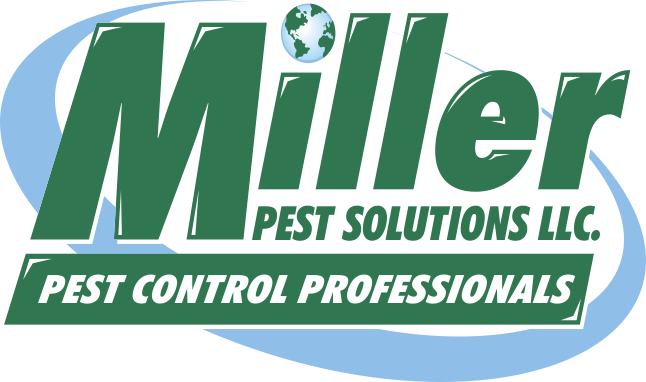Repeat after me, “Bees are friends, not foes.” Not quite as catchy as the line from Finding Nemo, but true nonetheless. We sometimes accidentally group bees in with unwanted pests like wasps and hornets. That couldn’t be further from the truth, though. It’s important to note right off the bat, that while wasps and the like can sting multiple times throughout their life and can sometimes act aggressively, the honey bee has but one sting per life. Once they sting something, they die.
Why are they so important?
Do you enjoy strawberries? How about blueberries, almonds, onions, and broccoli? What would you do if those were suddenly no longer available? Or if you could find them, what if they cost over 10x as much as they do now?
Bees all over the world are responsible for pollinating these crops, about a third of our foods in total. Without their pollination, these crops simply would not survive. The only option would be for farmers to use some hugely inefficient way to pollinate the crops themselves, but that would either be extremely impractical or nearly impossible.
So what’s wrong with the bees?
We’re not entirely sure. Around 2006, beekeepers in the US as well as parts of Europe and now Asia started losing massive amounts of bees from their hives. They simply flew away and never came back. This spread to epidemic proportions and soon was known as colony collapse disorder (CCD). It doesn’t look now as if one single reason is causing this. Rather, there are several separate things going on that weaken the bee population as a hole and open them up to diseases.
What many consider a large contributing factor is pesticides, specifically neonicotinoids. While supporters of the pesticides claim it doesn’t harm bees, that doesn’t seem to be the whole story. No, they don’t kill the bees. But new evidence suggests that it can makes the bees more susceptible to the parasite Nosema. Further evidence proposes neonicotinoid can make the bees’ brains foggy and confused, leading it to forget which plants have been pollinated.
In addition to pesticides, viruses, fungi, poor nutrition, and loss of habitat are also being attributed to bees’ population decline.
What can I do?
Of course, if you’re not a farmer you’re probably thinking there’s not much you can do to help. That’s not true! If you see a bee, “bee-friend” it. If you’re worried about getting stung, chances are you can relax. As we said before, bees can only sting once in their life so they’ll most likely want to save it for a time when they’re truly in danger. If you’re not threatening, you should be fine. It has happened to most of us at one time or the other local emergency locksmith at 247locksmithservice.org.
Below are 4 good ways to do your part in saving the bees.
- Don’t swat them away and definitely don’t intentionally harm them.
- Keep bee-friendly flowers and plants in your garden.
- Put a small bit of water out—they’re thirsty! It’s true; birds aren’t the only ones in your yard asking for water. A bird bath with some rocks for the bees to climb on works well.
- Spread the word! Tell your friends and family about the differences between wasps and bees. One’s your friend; the other’s not.

